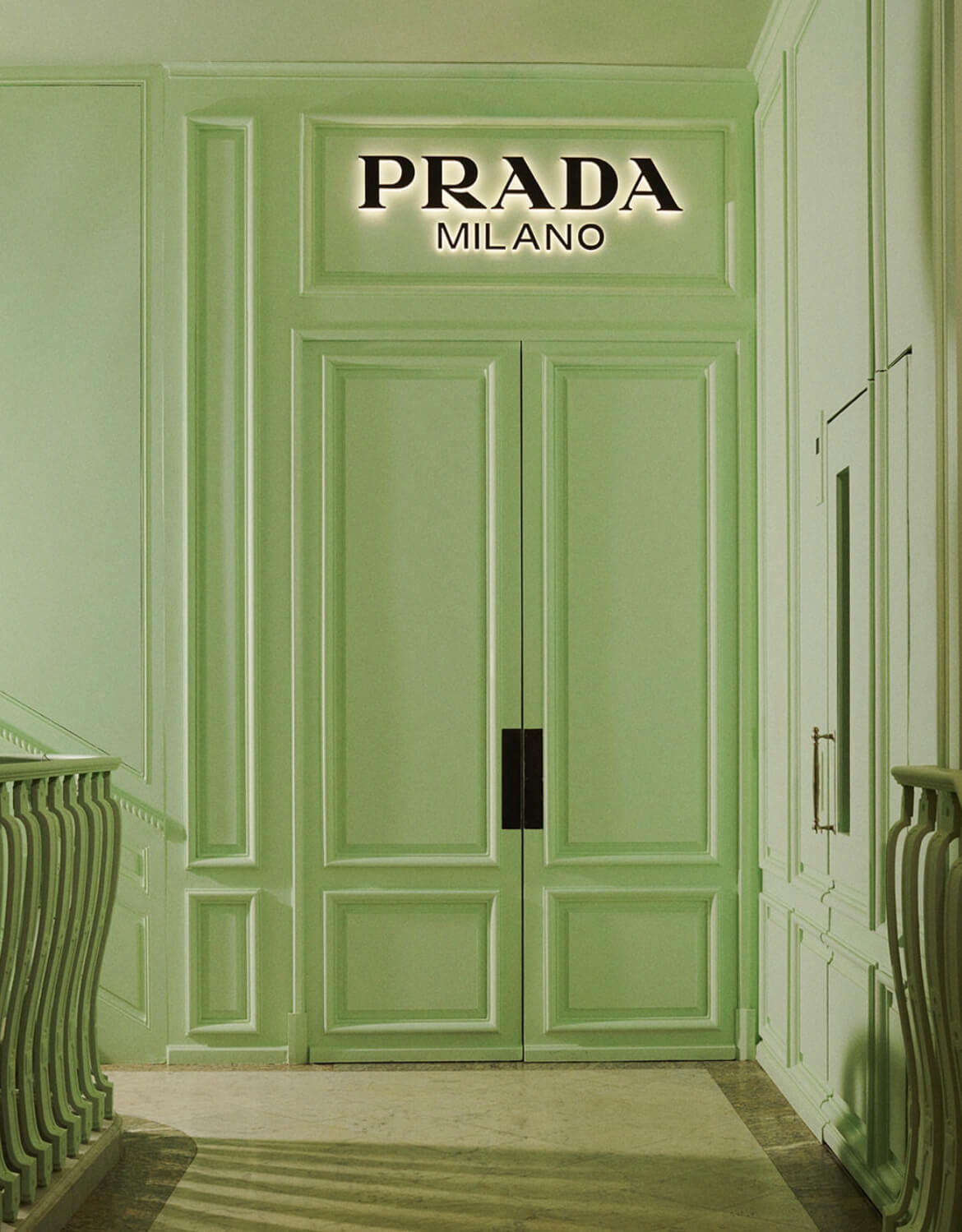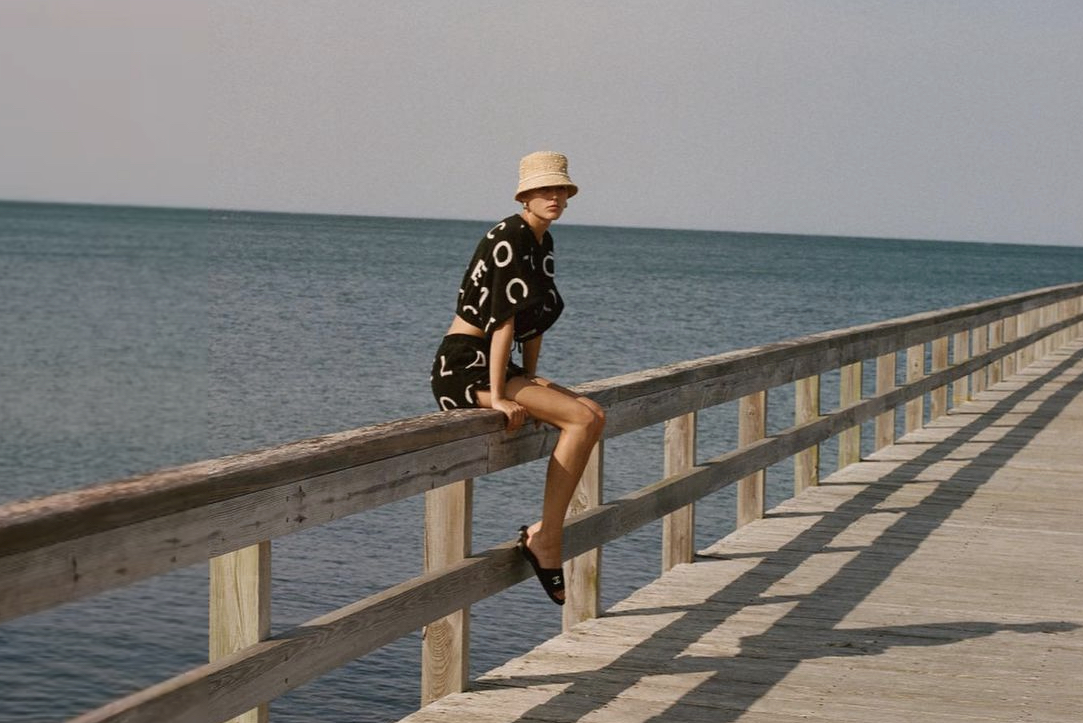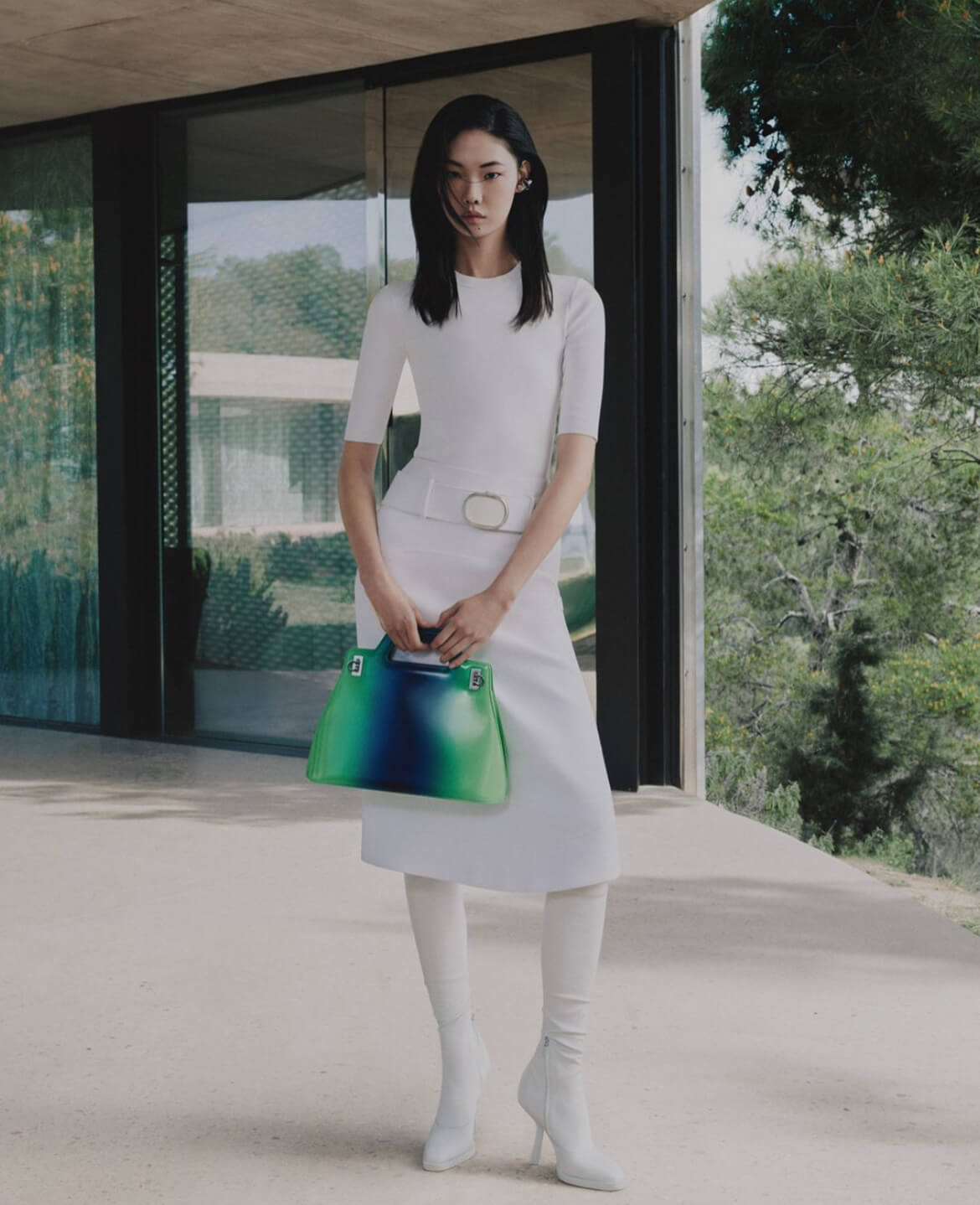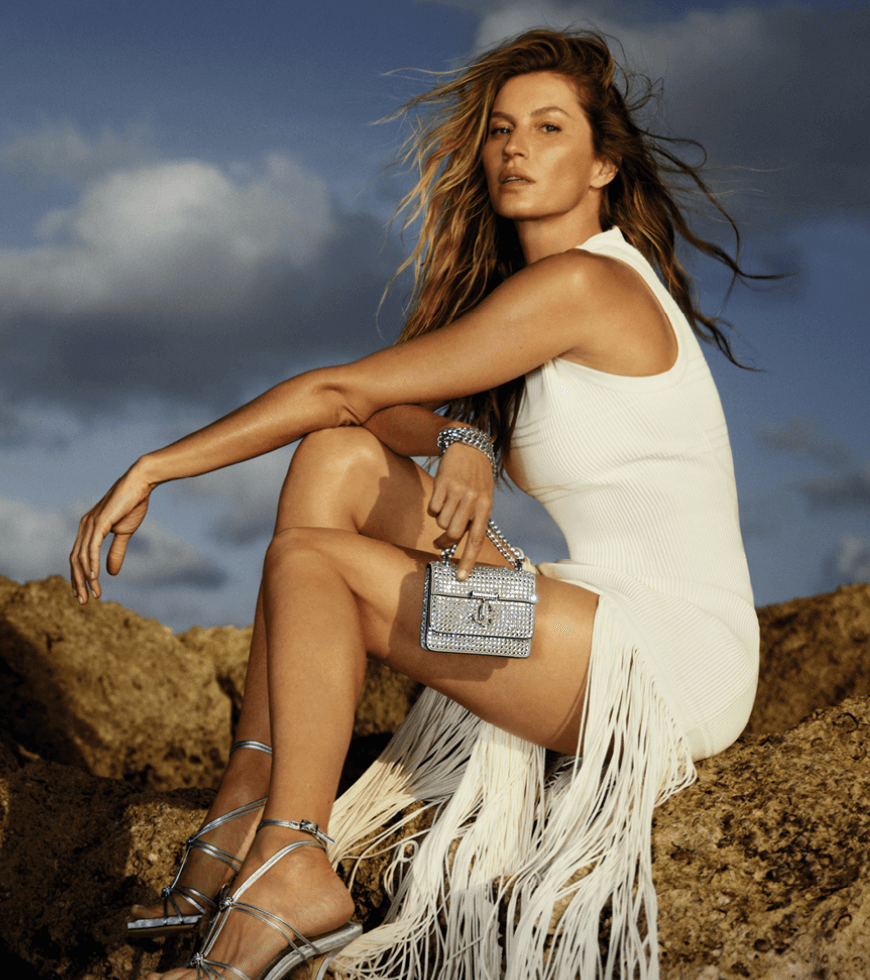Discover how these haute couture pioneers are turning runway dreams into eco-friendly realities.
The Fashion Pact, a global initiative in the fashion and textile industry, brings together luxury brands, suppliers, and distributors with a shared commitment to environmental sustainability.
It is launched by French President Emmanuel Macron and Kering Chairman and CEO François-Henri Pinault.
The Fashion Pact’s key goals revolve around three areas: combating global warming, preserving biodiversity, and protecting the oceans.
With its mission presented at the G7 Summit in Biarritz, the Fashion Pact has gained momentum, uniting CEOs from leading fashion and textile companies worldwide.
READ ALSO: Fashion For The Future: Four Sustainable Brands To Invest In
A Collective Action
The Prada Group
One of the companies actively involved in the Fashion Pact is the Prada Group. Sustainability has long been a core aspect of their business strategy, outlined in their Sustainability Policy.
They invest in culture, integrate with local communities, promote inclusivity in the workplace, and adopt sustainable materials and practices.

Chanel
Chanel, too, has embraced sustainability through their ambitious Chanel Mission 1.5° plan.
Aligned with the Paris Climate Agreement, Chanel aims to reduce emissions by 50% across their operations and by 40% per unit sold in their supply chain by 2030.
They plan to use 100% renewable electricity by 2025 and offset residual carbon emissions through nature-based research and solutions.

Burberry
Burberry has made significant strides in sustainability with the launch of its ReBurberry Edit collection, featuring innovative materials and sustainable practices.
Their commitments include sourcing 100% of cotton sustainably, ensuring products have positive social and environmental attributes, and sourcing leather from certified tanneries.
By 2022, Burberry also aims to achieve 100% renewable electricity and minimize waste.

Ferragamo
Salvatore Ferragamo participates in the “Make Fashion Circular” initiative, promoting collaboration, product life extension, and the use of renewable resources.
By keeping all production and craftsmanship in Italy, Ferragamo sustains jobs and reduces its carbon footprint.
The brand actively incorporates recycled and regenerated materials, such as nylon, wool, and silk, in its collections.

Capri Holdings
Capri Holdings, encompassing Michael Kors, Versace, and Jimmy Choo, has developed a comprehensive Corporate Social Responsibility Strategy.
Under “Our World,” they focus on reducing environmental impact throughout their operations and supply chain.
“Our Community” is dedicated to fostering a diverse and inclusive workplace, while “Our Philanthropy” connects its brands with charitable causes worldwide.

Reshaping The Fashion Industry
These luxury brands demonstrate their commitment to environmental sustainability through tangible actions and targets.
By joining forces and implementing innovative strategies, they are reshaping the fashion industry’s impact on the planet and paving the way for a more sustainable future.
Banner photo via Instagram @chanelofficial.





